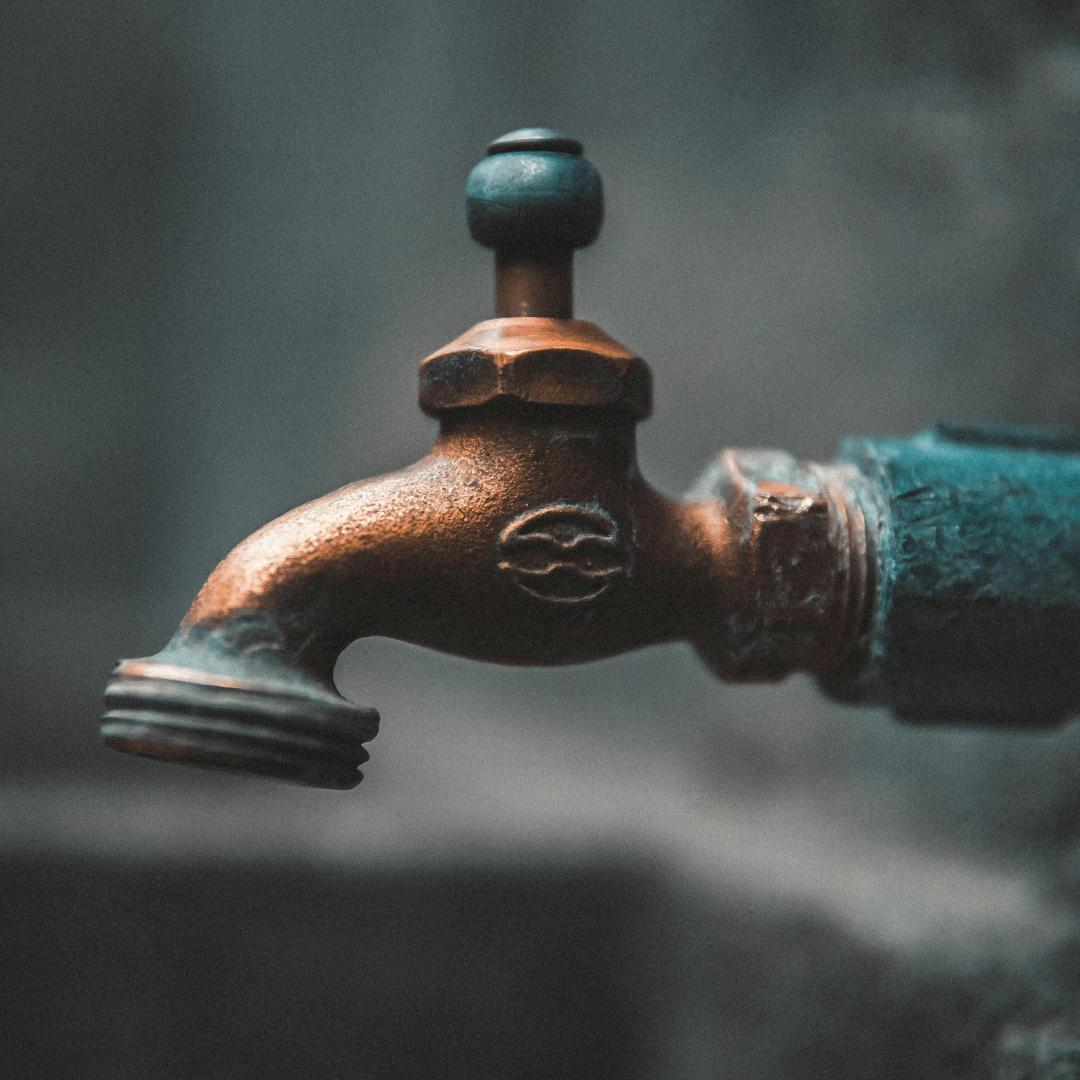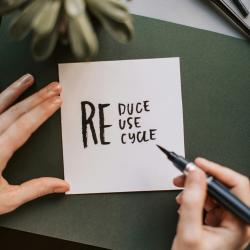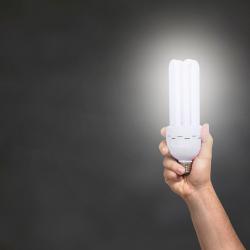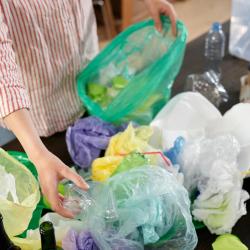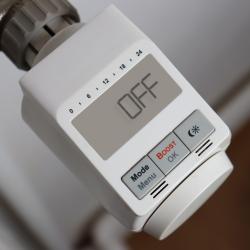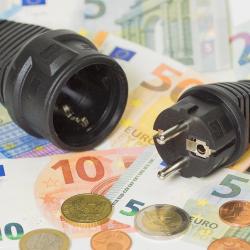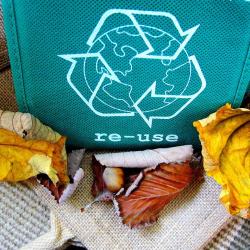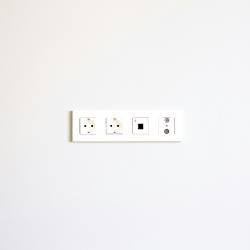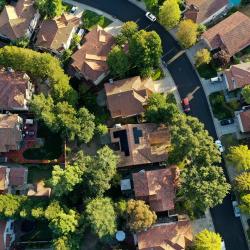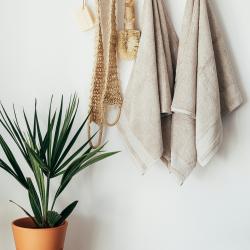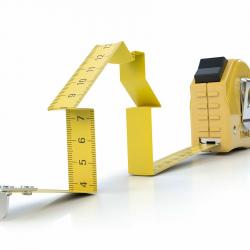Water Conservation Tips for a Greener Household
As the global population continues to rise and climate change intensifies, water scarcity has become a pressing concern for many communities around the world. Conserving water is not only vital for the environment but also crucial for reducing utility bills and minimizing our carbon footprint. By adopting simple water-saving habits and technologies, households can play a significant role in alleviating water stress. This article will provide practical tips for conserving water, ensuring a sustainable future for generations to come.
- Fix Leaks Promptly
Leaky faucets, toilets, and pipes can waste a significant amount of water over time, leading to higher utility bills and unnecessary water wastage. Regularly inspect your household plumbing system for leaks and repair them promptly. Even a small drip can add up to gallons of wasted water each day.
- Install Low-Flow Fixtures
Consider switching to low-flow faucets, showerheads, and toilets to reduce water usage without compromising performance. These fixtures are designed to use significantly less water by aerating the flow or using advanced flushing mechanisms. This simple update can save hundreds of gallons of water annually.
- Be Mindful in the Kitchen
The kitchen is a major area where water is used extensively. Practice mindful habits such as using the dishwasher only when it's full, scraping dishes rather than rinsing them before loading, and keeping a pitcher of water in the refrigerator to avoid running the tap for cold water. Additionally, consider installing a water-efficient appliance if replacements are needed.
- Optimize Outdoor Water Use
Landscaping can be a major contributor to water consumption in households. Opt for drought-resistant plants and native vegetation that require less water. Implement drip irrigation systems or soaker hoses instead of sprinklers to target the roots directly, reducing water waste.
- Collect Rainwater
Rainwater harvesting is an effective way to conserve water. Installing rain barrels under downspouts can collect rainwater from your roof, which can then be used for watering plants and gardens. This not only reduces reliance on municipal water but also helps manage stormwater runoff.
- Embrace Smarter Lawn Care
Water your lawn during the early morning or late evening hours to minimize evaporation. Adjust your lawnmower to a higher setting, as longer grass retains moisture better and reduces the need for frequent watering. Additionally, grasscycling—leaving the clippings on the lawn—can help retain moisture and provide nutrients to the soil.
- Reduce Shower Time
Shortening your shower time by even a minute or two can save gallons of water. Consider using a shower timer to keep track of your usage. Additionally, turning off the shower while lathering or shaving can further conserve water.
- Insulate Pipes
Insulating your water pipes helps retain heat, meaning it takes less time for hot water to reach your faucet. This reduces the amount of water wasted while waiting for it to warm up. Pipe insulation is a cost-effective way to improve water efficiency and save on energy bills.
- Educate Your Household
Involve all members of your household in water conservation efforts by educating them about the importance and benefits of sustainable practices. Encourage children to adopt water-saving habits, such as turning off the tap while brushing teeth or collecting unused water for outdoor plants.
- Monitor Your Water Usage
Regularly check your water meter to monitor your household’s water usage. Identifying trends can help you understand where most water is being consumed and where you can cut back. Many utilities offer tools or apps to assist in tracking consumption in real-time.
Conclusion
Water conservation in the home is both an individual responsibility and a collective necessity. By taking simple steps to reduce water use, you help protect this precious resource for the environment and future generations. Implementing these tips will make your household more water-efficient and contribute to creating a sustainable, greener community. Remember, every drop counts.
